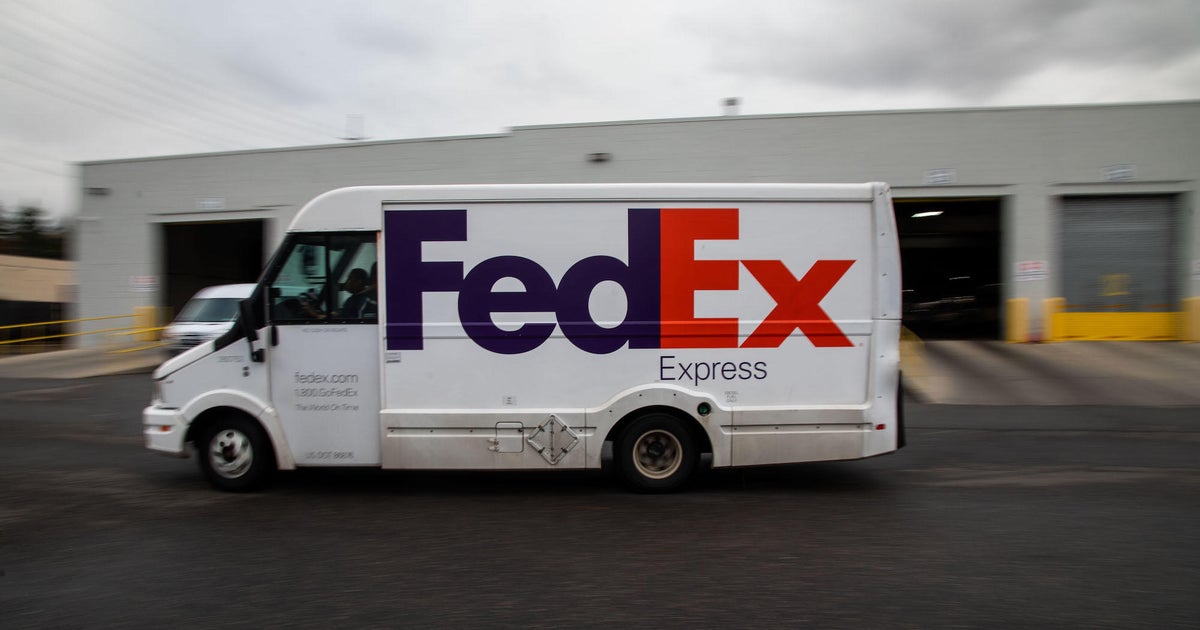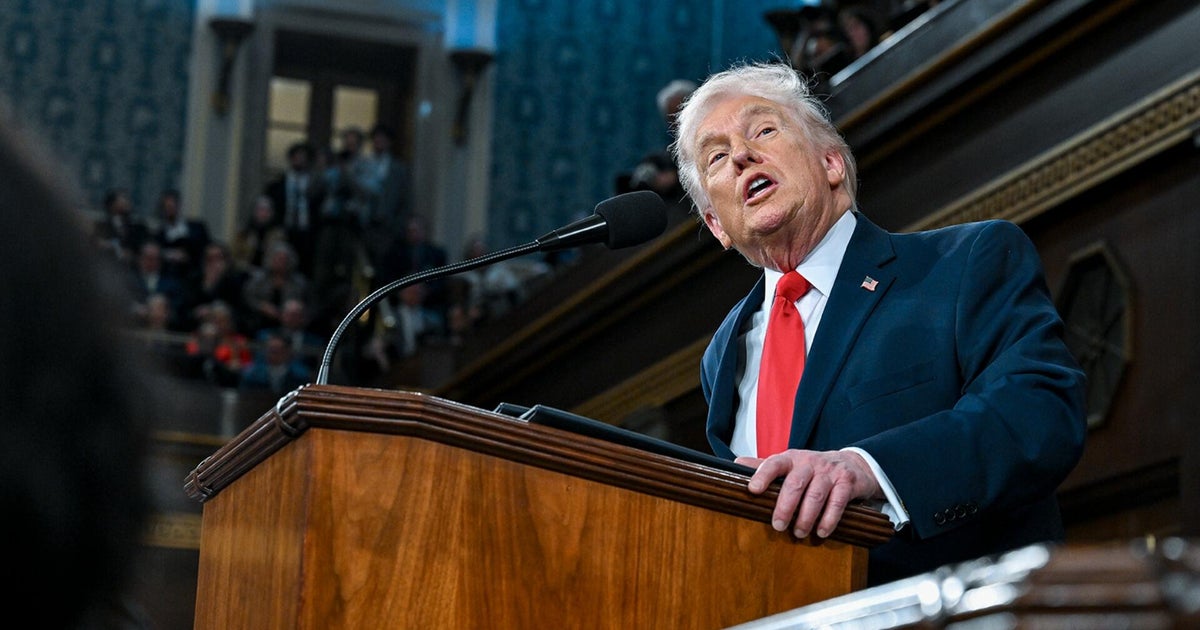Trump's trade wars: How we got here, and where things are headed next
The Trump administration's trade battles with China, Canada, Mexico and other countries around the world can feel like a bewildering descent into the obscure. But you don't have to be an expert to grasp that, in the era of globalization, a trade war upends the way countries have operated for decades.
Here's a look at what these disputes are really about, how we got here and where things are headed next.
What the White House wants
President Donald Trump's push to impose tariffs on China and other countries is aimed at deterring what he views as unfair trade practices and, equally important, to encourage American consumers and businesses to buy and sell more goods made at home. To that end, the White House says the threat of tariffs is a powerful negotiating tool for winning what they say are better trade deals for all Americans.
Mr. Trump points to the trade deficit -- the gap between U.S. imports and exports -- as a measure of how well the country is faring in trade worldwide. By contrast, most economists say trade deficits aren't necessarily bad, or even a helpful measure for gauging a nation's economic health. That's because it can reflect a strong economy and dollar, which in turn make imports less expensive. That can bolster both the U.S. and global economy.
What tariffs are and do
Tariffs are taxes that companies pay on imported goods and services. Mr. Trump is using tariffs as a way to steer purchases to a country's domestic producers, rather than foreign ones, or to create a "level playing field."
But tariffs can have the effect of raising prices for consumers instead. That's because companies can charge higher prices when foreign competitors are forced to either absorb costs and ultimately pass on tariff costs to consumer. The higher the tariff, the more a domestic manufacturer may charge customers and bolster their business because there's less competition.
For example, if a foreign company charges $1,000 for a washing machine, including a U.S. tariff, a domestic maker could raise its price on a comparable product from $500 to $800 from $500 and still turn a profit. That might be good for the company, but it's expensive for consumers.
Some of the first tariffs imposed under the Trump administration were on washing machines, solar panels and lumber.
Metal tariffs raise costs
The Trump administration underlined its intent on trade this spring by imposing broad tariffs of 25 percent and 10 percent on imported steel and aluminum.
While that's been good for the domestic metal suppliers like U.S. Steel, it ultimately has raised costs for industries that use the metal, like construction companies. Other companies, such as MidContinent Steel and Wire, the biggest domestic maker of nails, are cutting jobs to absorb the higher cost.
Or take Whirlpool. When the laundry machine tariffs took effect, the company said it would hire 200 more workers and praised the Trump administration's move, citing its long-running battle with Korea's LG. Then came the metal tariffs. By April, washing machine prices had risen 9 percent. In May, prices were up 6 percent. For July, the increase was 15 percent, according to labor data.
The result: Whirlpool was forced to absorb higher costs from metal imports, because the U.S. doesn't produce enough metal for the company's production needs. That drove up costs, even with less competition.
America's allies punch back
Major U.S. trading partners like Canada, Mexico and the European Union imposed retaliatory tariffs on items ranging from Harley Davidson motorcycles to bourbon to boats in response to the steel and aluminum duties.
That may have led to companies holding back on investments, or, like Harley Davidson, plans to move assembly factories overseas because it's become too expensive to export motorcycles. The company now plans to open an assembly plant in Europe to avoid the counter-tariffs imposed by the EU.
Swiveling America's trade guns on China
After the metal tariffs, the White House upped the ante by imposing $50 billion in tariffs on Chinese goods.
China retaliated immediately with its own tariffs. That's closed off some markets, particularly for farmers, because Chinese food companies can buy crops, like soybeans, elsewhere. Other retaliatory tariffs have hit consumer products from seafood to wedding tents and cases for firearms.
China is America's largest trading partner, followed by Canada, Mexico, Japan and Germany, which trades as part of the EU.
The U.S. is now poised to significantly escalate the fight with China by imposing 25 percent tariffs on $200 billion in Chinese goods, possibly as early as Friday. Separately, steep duties proposed for all imported automobiles and auto parts may also hobble growth and threaten jobs, economists argue.
Economists say that move, which China has said it will counter with $60 billion more in tariffs of its own, could slow the economy.
Moody's Investors Service forecasts that higher U.S. tariffs on Chinese imports could cut U.S. gross domestic product in 2019 by 0.25 percent, offsetting some of the gains from last year's tax cuts. And Oxford Economics predicts in a full blown trade war, U.S. GDP could be shaved by 1 percent in 2020.
A new NAFTA?
The Trump administration is also threatening to slap heavy tariffs on imported cars and parts. Some experts fear that could cost hundreds of thousands of American jobs and raise auto prices in the U.S. by roughly 10 percent. Such taxes could not only hurt consumers, but also stifle niche areas like collecting and restoring classic cars.
The EU and U.S. suspended potential auto tariffs over the summer, but that truce may not hold for much longer, some observers predicted.
If all of that weren't enough, Mr. Trump is also negotiating with Canada for revisions to the North American Free Trade Agreement after striking a preliminary deal with Mexico in August. A new agreement between the three countries could change the cost of doing business in North America.



